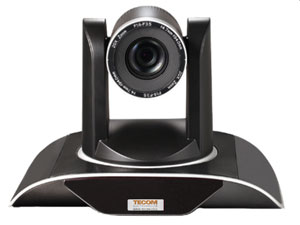
AV company Tecom Electronics has produced a new pan-tilt-zoom camera. The TE-PT950 PTZ camera offers a wide viewing angle (340-degree motion) and multiple video interfaces and ports, including HDMI, USB 2.0 and USB 3.0.

Maxhub has introduced a new line of LED wall displays, ranging in size from 110 to 220 inches (9 to 18 feet) across the diagonal.
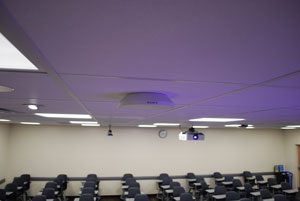
San Diego State University is outfitting nearly 200 classrooms across its main and Imperial Valley campuses with Sony's MAS-A100 beamforming ceiling microphone, to support the hybrid classroom model.
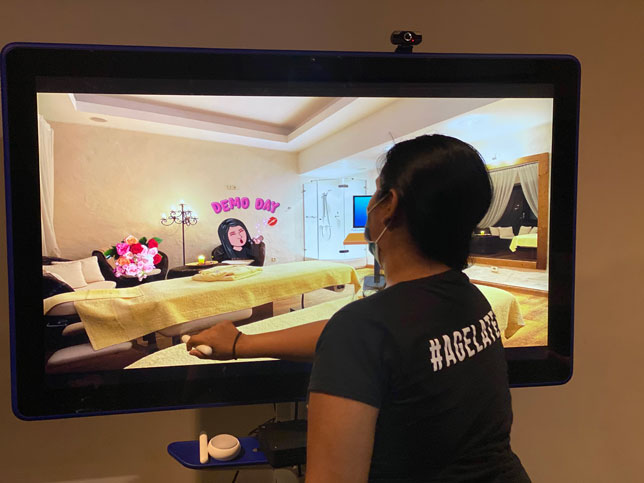
Georgia Career Institute, a vocational school with three campuses, has adopted 16 Google Jamboard interactive displays from BenQ to add interaction, engagement and better student comprehension to its remote instruction.
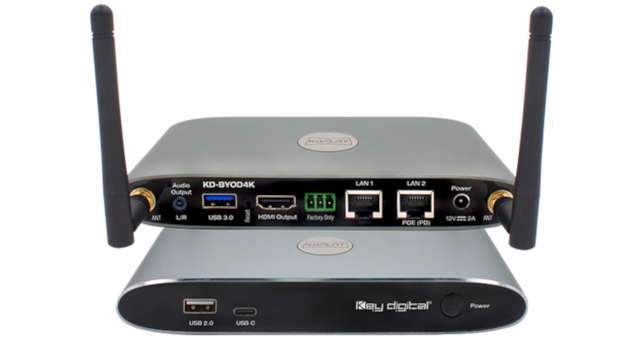
Key Digital has launched a new 4K wireless presentation gateway for bring-your-own-device environments. The new KD-BYOD4K allows the teacher or instructor to broadcast content to and from computers, whether they're operating on Windows, Mac, iOS or Android.
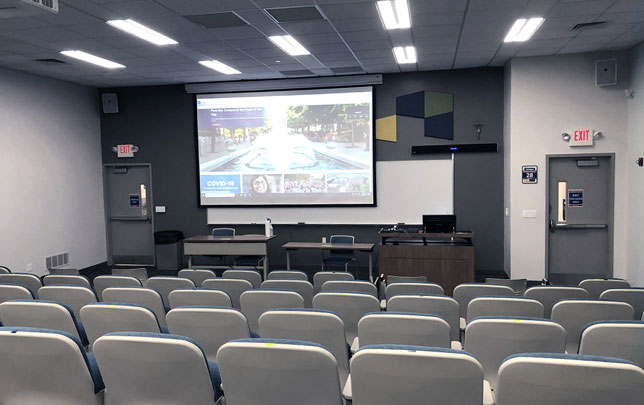
Pennsylvania's Duquesne University has installed audio conferencing systems in more than 40 classrooms to support its shift to the hybrid learning model, in which some students attend class on-campus while others participate remotely.

Camcorders from JVC Professional Video can now stream directly from the camera to two major social networks.

As early as next year, students at Arizona State University could be able to don a headset, sensors and a light knapsack and immerse themselves in a theme-park-like visit to an alien zoo. The university has struck an agreement with Dreamscape Immersive to bring the latter's virtual reality technology to campus.
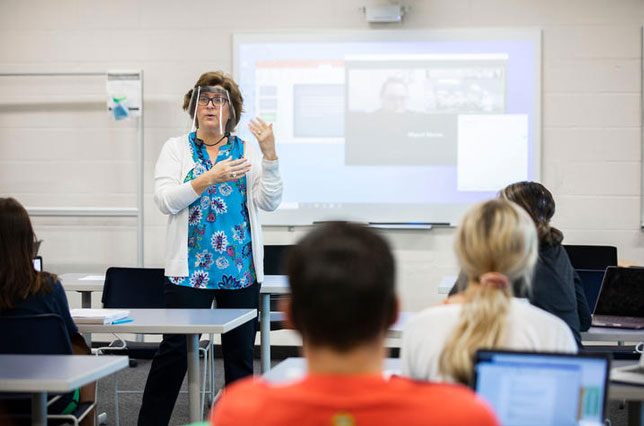
The University of Kentucky has expanded the use of technology in classrooms to accommodate whatever format is appropriate for the course content and faculty and student preference. As the home page for the institution stated, "Work Anywhere. Learn Anywhere. Teach Anywhere."
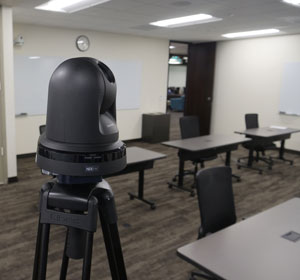
Southern California's Pepperdine University has upgraded 166 classrooms on campus with hybrid learning technology for the Fall 2020 semester. While fall instruction will remain fully online, the institution wanted to ensure its learning spaces could accommodate any combination of synchronous and asynchronous learning, according to a news announcement.